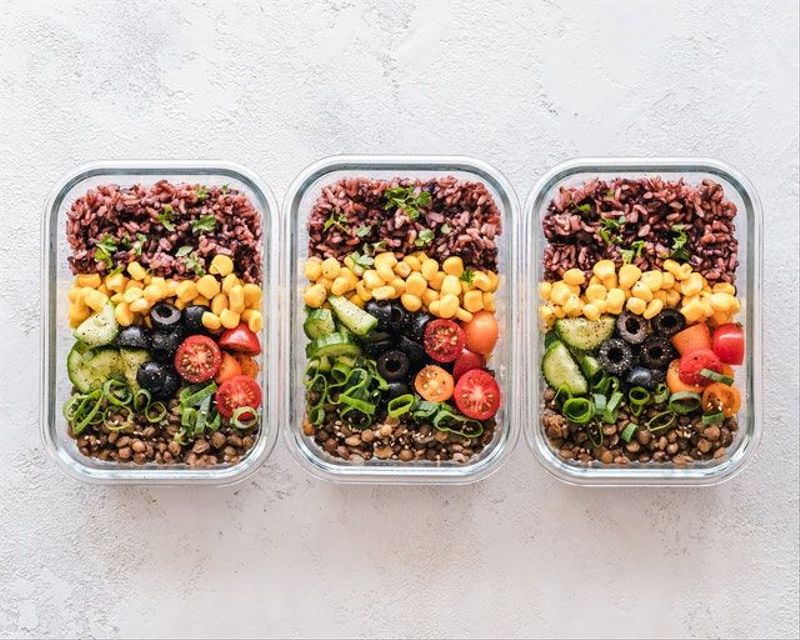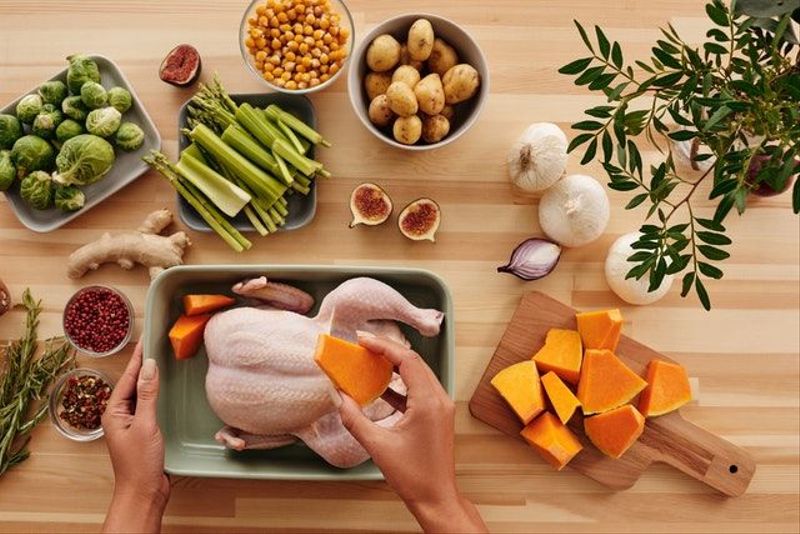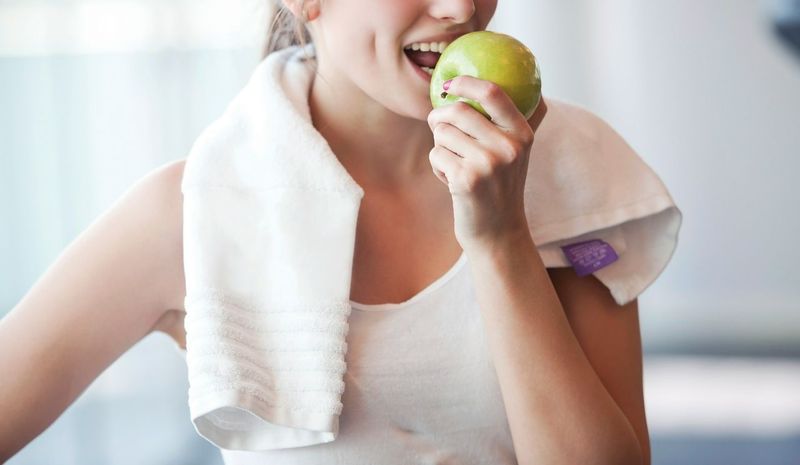How to Fuel Your Fitness Regime

Fuelling a successful, long-term fitness regime calls for optimal mental and physical stamina. Your body is your vehicle so replenishing your tank regularly is crucial for keeping your blood sugar levels stable and gearing up your mind and body for an effective workout. The right fuel will also aid your recovery before your next training session. Here are my top tips to help you learn how to fuel your fitness regime:
Fuelling a successful, long-term fitness regime calls for optimal mental and physical stamina. Your body is your vehicle so replenishing your tank regularly is crucial for keeping your blood sugar levels stable and gearing up your mind and body for an effective workout. The right fuel will also aid your recovery before your next training session. Here are my top tips to help you learn how to fuel your fitness regime:
What should I be eating and how much?
Firstly, it can be useful to calculate your daily calorie needs using a BMR calculator – this will give you more of an idea of how much fuel you need to meet your current activity levels. As a general rule of thumb, fill up on lean protein and eat plenty of fresh fruit, vegetables and pulses to up your fibre intake. Opt for complex carbohydrates that release energy slowly such as wholegrains and sweet potatoes. If weight loss is your goal, aim for a calorie deficit of 500 calories a day and be a bit more mindful of your carb intake. Also aim to include unsaturated fats such as oily fish, avocado, nuts and seeds; these are great for your joints and heart health - vital for maintaining and boosting your fitness levels. As an aside, they also work wonders for your skin and will keep you looking radiant even when your post-workout glow has faded! Treat yourself now and again to what you fancy but on the whole try to cut down on refined carbs and sugary snacks; you'll really start to notice a difference in your energy levels both during and in between workouts.

Macronutrients
Macronutrients are the nutrients that provide us with energy: fat, protein and carbohydrate. If you want to get really serious about your fuel, counting your macros can help when it comes to determining which food sources to get your calories from and in what quantities. Aim for a split of about 30% protein, 40% carbs and 30% fat (mainly the healthy kind). This will vary depending on your body composition and your individual needs but you can try that as a rough guide to begin with - see what works for you and adapt it according to your goals. For example, if muscle growth is your main focus, you will need to ramp up your protein levels and aim to consume 1.2g to 1.7g of protein for every kilogram of bodyweight. So for a woman who weighs 60kg, that's between 72g and 102g of protein per day. To put that into context, a chicken breast contains 35g of protein, an egg contains 6g and 100g chickpeas around 15g.

Top tips for success:
- Begin by making small, achievable tweaks you can stick to rather than suddenly overhauling your eating habits.
- Fill up on nutrient-dense foods following the guidelines above and don't let yourself go hungry – eat little and often if necessary, taking your BMR into consideration.
- Try to meal prep as much as you can – do some batch cooking over the weekend and divide into portions that you can freeze: healthy curries, chillis, traybakes are easy, nutritious and satisfying. You can find some great healthy recipes to try here!
- Keep healthy snacks at hand such as fruit with unsalted nuts (watch your portion size), oatcakes with humous, a small packet of salted popcorn or Greek yoghurt with berries. Or make yourself a quick protein shake; shop-bought smoothies tend to contain a lot of sugar so make your own and you'll know exactly what's in it. There are loads of great recipes to take the edge off your hunger until your next meal and stop you reaching for the biscuit tin.
- Don't forget to keep your body hydrated, aiming for 2 litres a day. During your workouts take small, regular sips of water.
- Ideally fuel up 2 hours before a workout, or if working out first thing eat something light but energy dense such as a handful of nuts and dried fruit or a banana.
Optimal nutrition and peak fitness go hand in hand, but the way you fuel yourself needn't be boring or extreme if you don't have extreme goals. A balanced, sensible approach and making sure you eat enough of the right foods will set you on track to a decent level of fitness. Eating with awareness is not about constant denial, it's about making conscious choices and tuning in to what your body really needs. Over time, you will instinctively recognise what, when and how much to eat to fuel your individual fitness regime.
Talk to one of our Wellness Travel Specialists on 0203 397 8891 or contact us here to discuss tailor-making your perfect nutrition-friendly wellness holiday.
 |
Eleanor is a Level 3-qualified personal trainer who works with clients of all ages and levels of fitness. Her tailored programmes incorporate a mixture of low/high intensity interval training plus resistance work and she is qualified to advise on nutrition to compliment this. She is also a single mum to a 5-year-old boy so recognises the challenges of balancing a busy schedule with a healthy lifestyle. Visit Eleanor’s website here Follow Eleanor on Instagram here |




